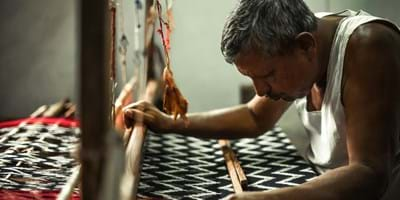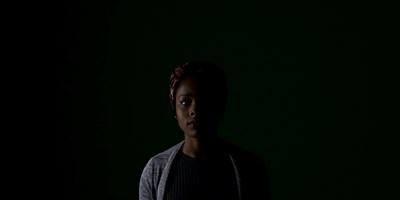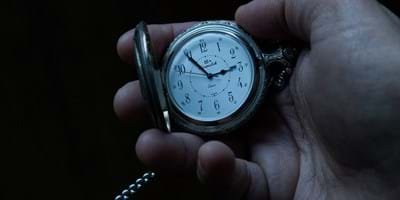Speaking the words helped me to listen to them more carefully and God graciously brought Philippians 4:8-9 to mind.
“Finally, brothers, whatever is true, whatever is honourable, whatever is just, whatever is pure, whatever is lovely, whatever is commendable, if there is any excellence, if there is anything worthy of praise, think about these things. What you have learned and received and heard and seen in me - practise these things, and the God of peace will be with you.”
I was ashamed to realise that what I was thinking was not true, lovely or commendable. I wasn’t following Paul’s example of dependence upon God. Regardless of how I felt, God was in control of my sleep-deprived day and I had no idea what He might accomplish in it.
As Christian women, we believe in the faithfulness of our God. We believe Paul when he wrote just a few verses later,
“In any and every circumstance, I have learned the secret of facing plenty and hunger, abundance and need. I can do all things through him who strengthens me’ (Philippians 4:12-13).
We believe it as a truth but sometimes we struggle to demonstrate it in our day-to-day lives. We trust in God for salvation and our big life choices, but how often do we depend on His faithfulness in the little things?
I Can Do All Things
“I can do all things” doesn’t mean I can survive for months without food and sleep; it doesn’t mean I can cram a hundred things into my day and perfectly complete them all. It doesn’t promise superhuman powers or extraordinary strength. It means that when I come to the end of my strength, He carries me on. It means that His grace is sufficient, not that my day will go perfectly. It means I can face each challenge with Him.
I’d spoken a single thought aloud, but the roots of little thoughts go deep. Those little thoughts revealed what I believed about God and His word.
- When I failed to trust, I evidenced that I thought Him untrustworthy.
- When I failed to depend on His strength and turned to myself, it showed I doubted His sovereign hand and His care.
- In response to difficulty I had leaned on my own understanding and not His promises.
I confessed and repented of it and acknowledged my dependence. It didn’t make the tiredness disappear, but it helped me to put God back in His proper place and see myself more as I ought to - a tired mother who needed daily grace, the strength of Almighty God and the patience of Christ who had walked a far harder path for my sake.
Elisabeth Elliot wrote,
‘there are truths that cannot be known except by doing them’.
In order to experience the peace of God, I had to think true thoughts; I had to lay down my limited understanding and trust in a kind and loving God, who might choose to bring even more difficulty into that day, and know that He was (and is) enough.
I can’t say with Paul that in every trial “I have learned … to be content”, but rather “I am learning”, and I have gratefully experienced that the God of peace does go with me when I surrender my thoughts, my feelings and my day to Him.




























